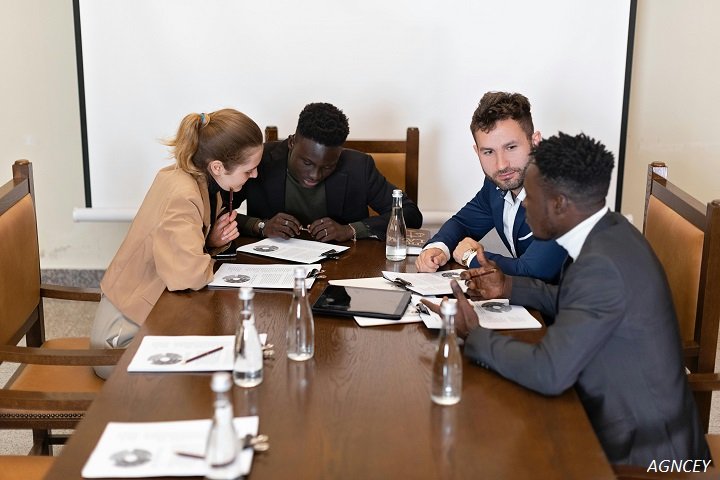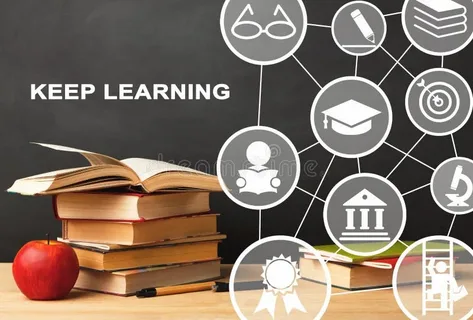Communication techniques for leaders Viable communication is significant for any pioneer. It can decide the victory of a group, an extension, or indeed a whole organization. In this web journal post, we will investigate fundamental communication strategies that pioneers can utilize to motivate their groups, construct beliefs, and accomplish their objectives. Let’s plunge into these methodologies and learn how to end up superior communicators!
Why Communication Things for Leaders of Communication techniques for leaders
Leaders are capable for directing their groups and making imperative choices. Successful communication makes a difference; them pass on their vision and desires clearly. Here are a few reasons why communication is imperative for leaders:
- Builds Believe: Great communication cultivates believe between pioneers and their groups. When group individuals feel listened and caught on, they are more likely to take after their leader’s guidance.
- Enhances Collaboration: Clear communication empowers collaboration. When everybody gets their parts and duties, they can work together more efficiently.
- Improves Assurance: Pioneers who communicate viably make a positive work environment. This boosts resolve and increments inspiration among group members.
Key Communication Strategies for Leaders
1. Dynamic Listening and Communication techniques for leaders
Active tuning in is a principal ability for compelling communication. It includes completely concentrating on what others are saying and reacting mindfully. Here’s how to hone dynamic listening:
- Maintain Eye Contact: Appear that you are locked in in the conversation.
- Avoid Hindering: Let the speaker wrap up their contemplations some time recently responding.
- Ask Questions: Clarify any focuses you do not get it to appear you are interested.
2. Be Clear and Concise
Leaders must communicate their thoughts clearly and concisely. Here are a few tips to accomplish this:
- Use Basic Dialect: Maintain a strategic distance from language or complex terms that may confound your audience.
- Get to the Point: State your fundamental message early in the discussion to keep everybody focused.
- Summarize Key Focuses: At the conclusion of your message, briefly recap the basic focuses to strengthen understanding.
3. Utilize Nonverbal Communication
Nonverbal communication incorporates body dialect, facial expressions, and signals. As a pioneer, be careful of these signals:
- Positive Body Dialect: Stand or sit up straight, utilize open motions, and grin to pass on certainty and approachability.
- Mirror Feelings: If your group is energized or concerned, reflect those feelings in your body dialect to construct rapport.
4. Adjust Your Communication Style
Different group individuals may react way better to distinctive communication styles. Pioneers ought to be adaptable and adjust their approach based on the audience.
- Know Your Group: Take time to get it how each group part inclines toward communicating, whether it’s through emails, face-to-face gatherings, or casual chats.
- Adjust Tone and Lexicon: Utilize dialect and tone that resound with your group. For example, utilize formal dialect for imperative introductions but be casual in team-building activities.
5. Give Valuable Feedback of Communication techniques for leaders
Giving input is an imperative portion of administration. When done accurately, it can offer assistance group individuals develop. Here’s how to give helpful feedback:
- Be Particular: Instead of saying, “You require to move forward,” give clear cases of what needs work.
- Focus on Behavior, Not Identity: Address the issue without criticizing the individual. For occurrence, say, “I took note that the report was late” instead of “You are continuously late.”
- Encourage Questions: Welcome group individuals to inquire about almost your input to guarantee they understand.
6. Energize Open Communication
Fostering an environment of open communication permits group individuals to share their contemplations openly. Here are ways to empower this:
- Create a Secure Space: Guarantee group individuals feel comfortable communicating their thoughts without fear of criticism.
- Hold Normal Check-Ins: Plan one-on-one gatherings to examine any concerns or proposals your group may have.
7. Utilize Storytelling of Communication techniques for leaders
Storytelling is a capable instrument for pioneers to pass on messages successfully. It can make your communication more relatable and vital. Here’s how to utilize storytelling:
- Share Individual Encounters: Relate your encounters to the subject at hand to make a connection.
- Use Accounts: Brief stories can outline your focuses and make them more engaging.
8. Use Technology
In today’s advanced age, innovation plays a noteworthy part in communication. Here are a few instruments and strategies to consider:
- Utilize Communication Stages: Utilize instruments like Slack, Microsoft Groups, or Zoom for productive communication, particularly for farther teams.
- Share Data Effectively: Utilize cloud capacity arrangements like Google Drive or Dropbox to share reports and resources.
9. Appear Empathy
Empathy is the capacity to get it and share the sentiments of others. It is fundamental for pioneers to interface with their groups. Here’s how to hone empathy:
- Acknowledge Sentiments: Recognize group members’ feelings and approve their experiences.
- Be Strong: Offer help and support amid challenging times.
10. Keep Learning of Communication techniques for leaders
Effective communication is an expertise that can continuously be made strides. Here are ways pioneers can proceed to create their communication skills:
- Attend Workshops: Take an interest in workshops or preparing sessions centered on communication skills.
- Seek Input: Inquire your group for input on your communication style and be open to making changes.
Conclusion
In conclusion, acing communication methods is basic for pioneers who need to rouse their groups and accomplish victory. By practicing dynamic tuning in, giving clear and brief messages, and cultivating open communication, pioneers can create a positive work environment that energizes collaboration and growth.
For assistance perusing, check out this Harvard Trade Survey article on the significance of communication abilities in authority. Keep in mind that successful communication is a nonstop journey. Keep learning, adjusting, and improving!
FAQs
1. What are a few common communication boundaries for pioneers?
Common boundaries incorporate mistaken assumptions, a need for clarity, and passionate responses. Pioneers ought to be mindful of these challenges and endeavor to overcome them.
2. How can pioneers move forward their open-talking aptitudes?
Pioneers can hone open talking through workshops, joining bunches like Toastmasters, or practicing in front of companions or family.
3. Why is compassion imperative in administration communication?
Compassion makes a difference Pioneers interface with their group individuals, cultivating belief and collaboration, which eventually leads to a more profitable work environment.
4. How can pioneers empower group individuals to communicate straightforwardly?
Pioneers can make a secure space for discourse, appear to have appreciation for criticism, and effectively look for input from their group.




